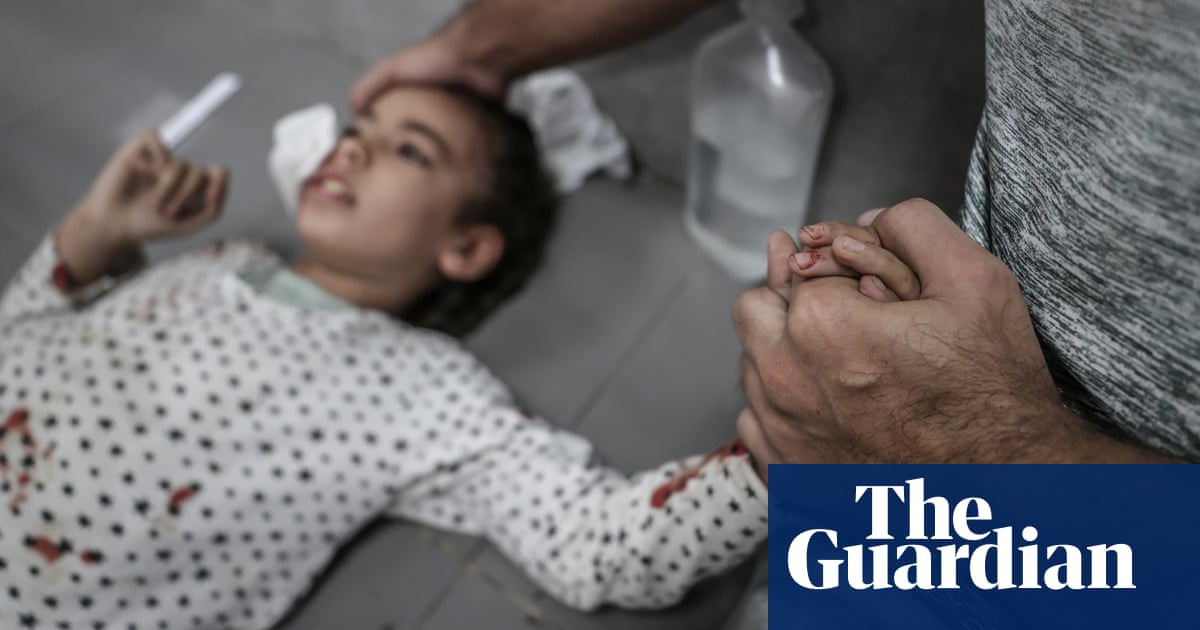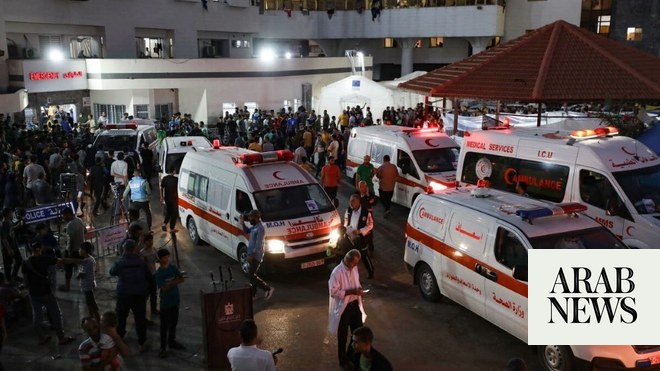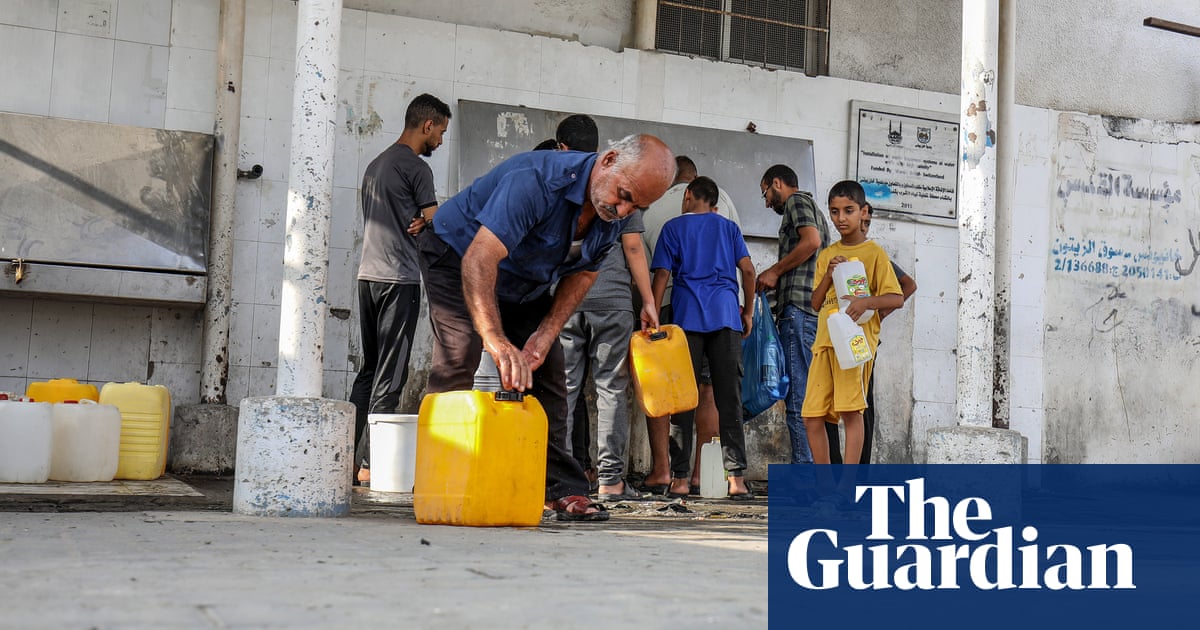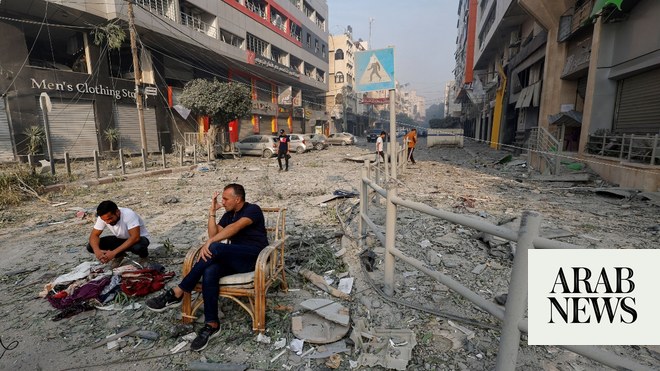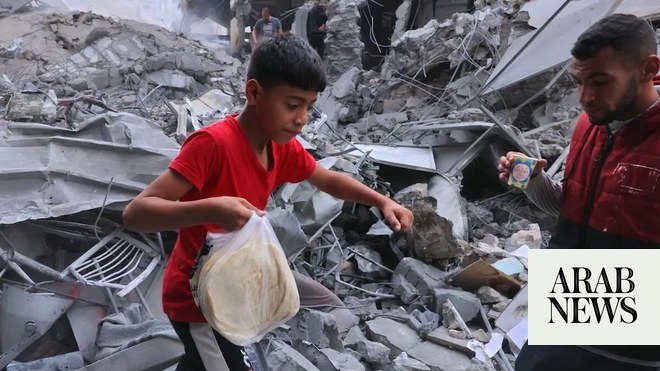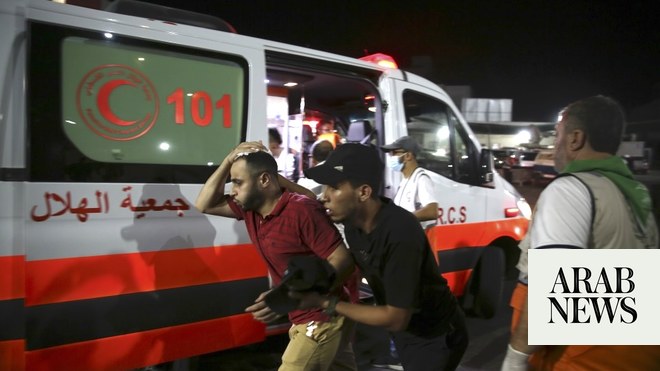
JAKARTA: The Indonesian hospital in Gaza urgently needs electricity to keep going, the nongovernmental organization that funded it told Arab News on Wednesday, as the facility focuses on performing lifesaving emergency surgery.
The Indonesia Hospital, located in the northern Gaza city of Beit Lahiya, was funded by the Indonesian NGO Medical Emergency Rescue Committee, or MER-C. It was one of the first targets hit by Israeli airstrikes, which since Oct. 7 have killed more than 5,700 Palestinians, including 2,360 children.
The health facility was forced to shut down some critical services on Monday after the generators failed, as the Israel Defense Forces prohibited fuel from entering Gaza.
Sarbini Abdul Murad, chairman of MER-C’s executive committee in Jakarta, said the hospital is running on limited energy and medical supplies, including surgical tools and anesthesia.
“Right now, electricity only runs for about five hours during the day, and we use solar panels at night, but that does not power every room in the hospital,” Murad told Arab News, adding that the facility’s operations were focused on the most urgent procedures. “We need electricity.”
Videos posted online showed the Indonesian hospital in total blackout on Monday, with lighting coming solely from mobile phones. It has since run with limited functionality.
“Even with the hospital’s limitations, we continue to provide health services and help the victims. In light of this, the UN must move quickly to push Israel to allow access for more humanitarian aid, especially fuel to enter Gaza,” Murad said.
Hospitals in Gaza have been overwhelmed by thousands of patients with traumatic wounds from persisting bombardment, and also filled with tens of thousands of people seeking shelter.
Six hospitals across the Gaza Strip were forced to shut down due to a lack of fuel, according to the World Health Organization.
“Unless vital fuel and additional health supplies are urgently delivered into Gaza, thousands of vulnerable patients risk death or medical complications as critical services shut down due to lack of power,” the WHO said on Tuesday.
“For people in the Gaza Strip, the situation is desperate. It will become catastrophic without the safe and continuous passage of fuel and health supplies, and additional humanitarian assistance.”




